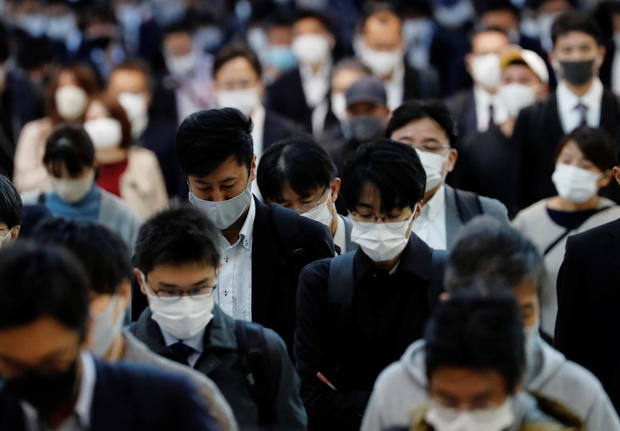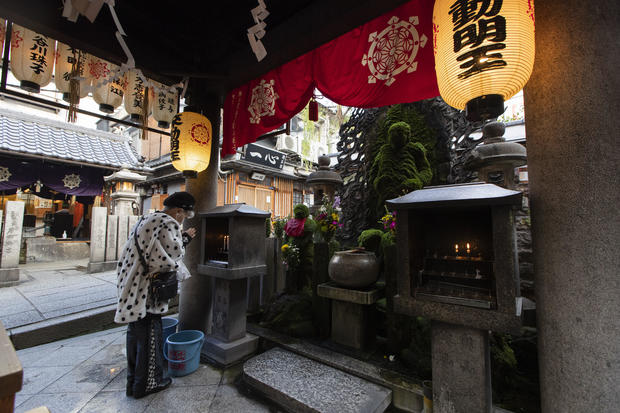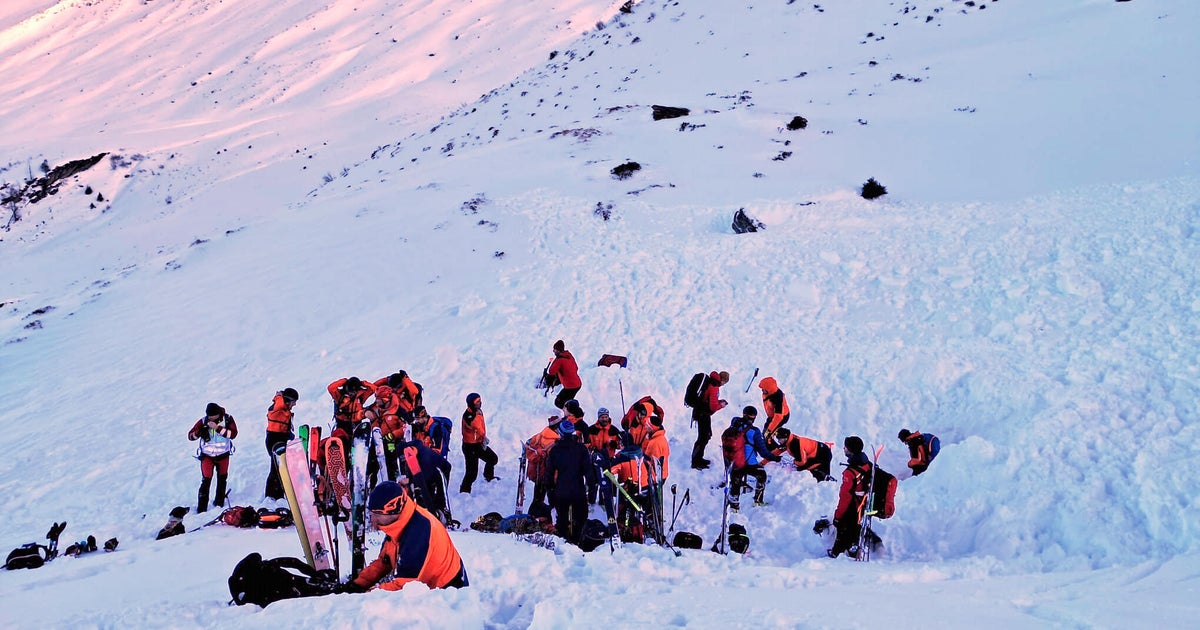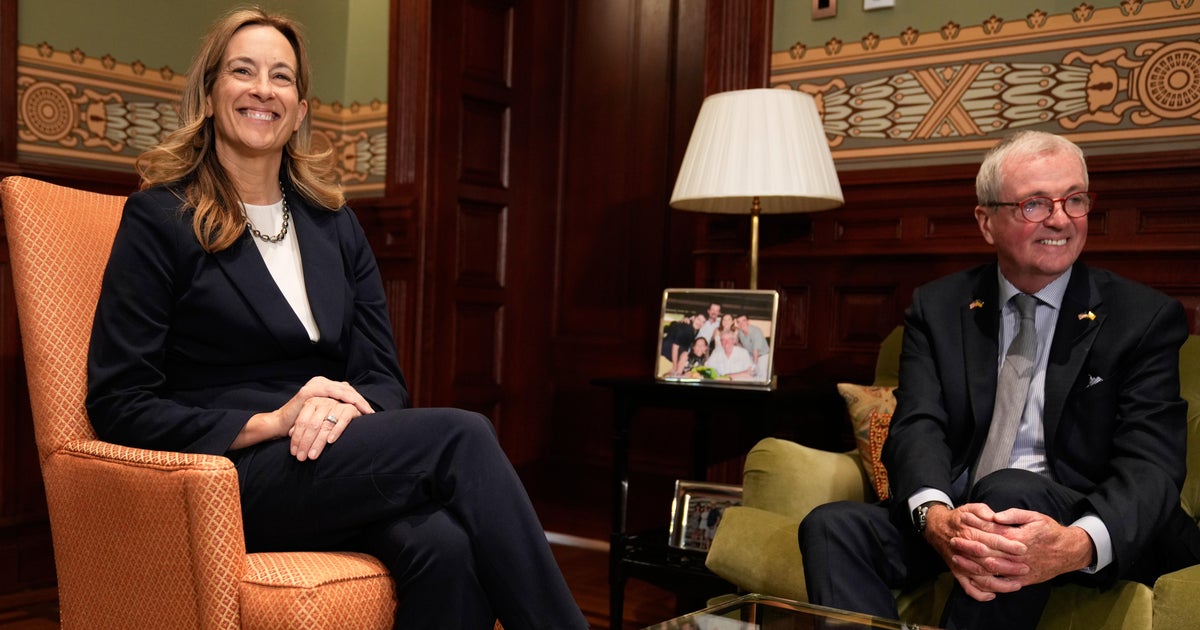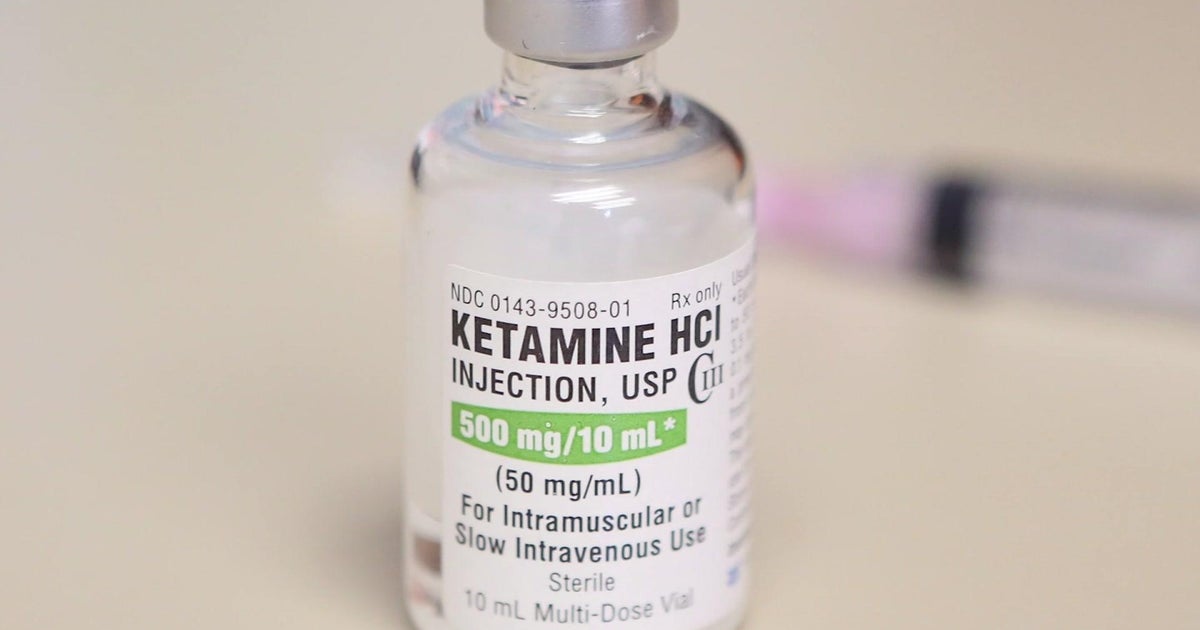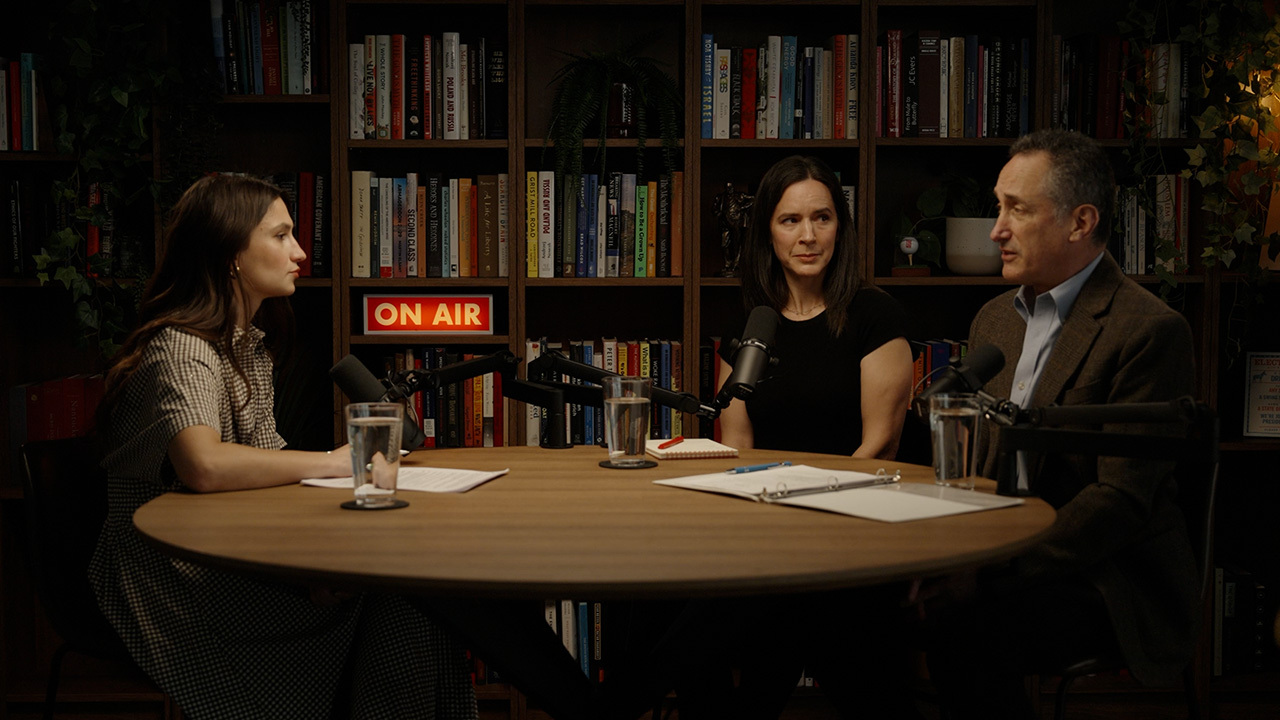Soaring female suicide rate amid COVID crisis in Japan could be a warning to the world
Tokyo — For Koki Ozora, the warning bells started to go off in midsummer. "In July, we started getting a lot of messages from people saying they wanted to kill themselves," he told CBS News. Ozora is the founder of an online counseling service used mainly by girls and young women.
Tokyo psychiatrist Chiyoko Uchida has seen many of her female clients buckling under the burdens wrought by the coronavirus pandemic. "My patients' lives have been turned upside down," she told CBS News.
As before the pandemic, suicide continues to exact the highest toll on Japanese men, who are less likely to seek help. Males accounted for about two-thirds of the 2,158 self-inflicted deaths recorded here in October, according to Health Ministry statistics released last week. But while male suicides were up more than 20% last month compared to October 2019, the rate for women surged by more than 80%, continuing a terrifying rise that began in August.
For immediate help if you are in a crisis in the U.S., call the toll-free National Suicide Prevention Lifeline at 1-800-273-TALK (8255), 24 hours a day, 7 days a week. All calls are confidential. The Disaster Distress Helpline at 1-800-985-5990 is also confidential, free and available 24 hours a day, 7 days a week. People can also text TalkWithUs to 66746 to connect with a trained crisis counselor.
Younger women — overrepresented in part-time and non-regular work — have been disproportionately hurt by pandemic-driven layoffs and shutdowns in Japan.
In surveys carried out by Professor Michiko Ueda of Tokyo's Waseda University, one-third of females under 40 reported job losses and significant hits to their income, compared to just 18% of their male counterparts.
Ozora, founder of Anata no Ibasho (Your Place), offers free counseling via text message — likely one reason the organization's clientele skews toward teens and 20-somethings.
"The biggest reason is women are losing work and don't know how to support themselves and their families," he told CBS News.
Even for those who've managed to hang onto their jobs, prolonged teleworking has taken a heavy toll on mental health, experts say.
"While some people are happy to work from home, there are a number of downsides," said Uchida, the Tokyo psychiatrist. "Not being in the office means not having someone nearby when you need to vent."
Working remotely also makes it harder to get guidance from supervisors, she added. "Good or bad, feedback on your work can be a source of self-esteem."
Pandemic-related or not, a spate of celebrity suicides this year has exacerbated the spike in self-inflicted deaths among women, according to Professor Ueda. Her research shows that on the day celebrity suicides make news, self-inflicted deaths jump by as much as 6% — an effect that lingers for days.
A sociology major at Tokyo's elite Keio University, Ozora, 21, launched his text-messaging service in March. It's a subject he is familiar with, having survived his own suicide attempt thanks to the intervention of an alert high school teacher.
Aware that demand for counseling peaks when most hotlines are closed, late at night, Ozora recruited a network of Japanese volunteers living overseas, who can respond to messages throughout the night Japan time.
As of November 3, his service had fielded more than 300,000 messages from nearly 26,000 clients in Japan.
"There are a number of hotlines like ours, but the need is enormous," he said. "There are far too many calls for us to handle."
Because of its historically high rate of self-inflicted mortality, Japan has developed an unusually fast, accurate and granular system for tracking suicides. Monthly figures are issued within a few weeks, making the early, and incredibly grim data from Japan a possible canary in the coal mine for other countries, experts here warn.
While draconian COVID lockdowns have been blamed for increasing suicidal ideation in other countries, Japan's antivirus restrictions have been comparatively lenient, with the government relying instead on voluntary compliance, without penalties.
"The message I would take," Ueda said, is "if the impact of the pandemic is much milder and still we see this huge effect in suicides, this can happen anywhere."
